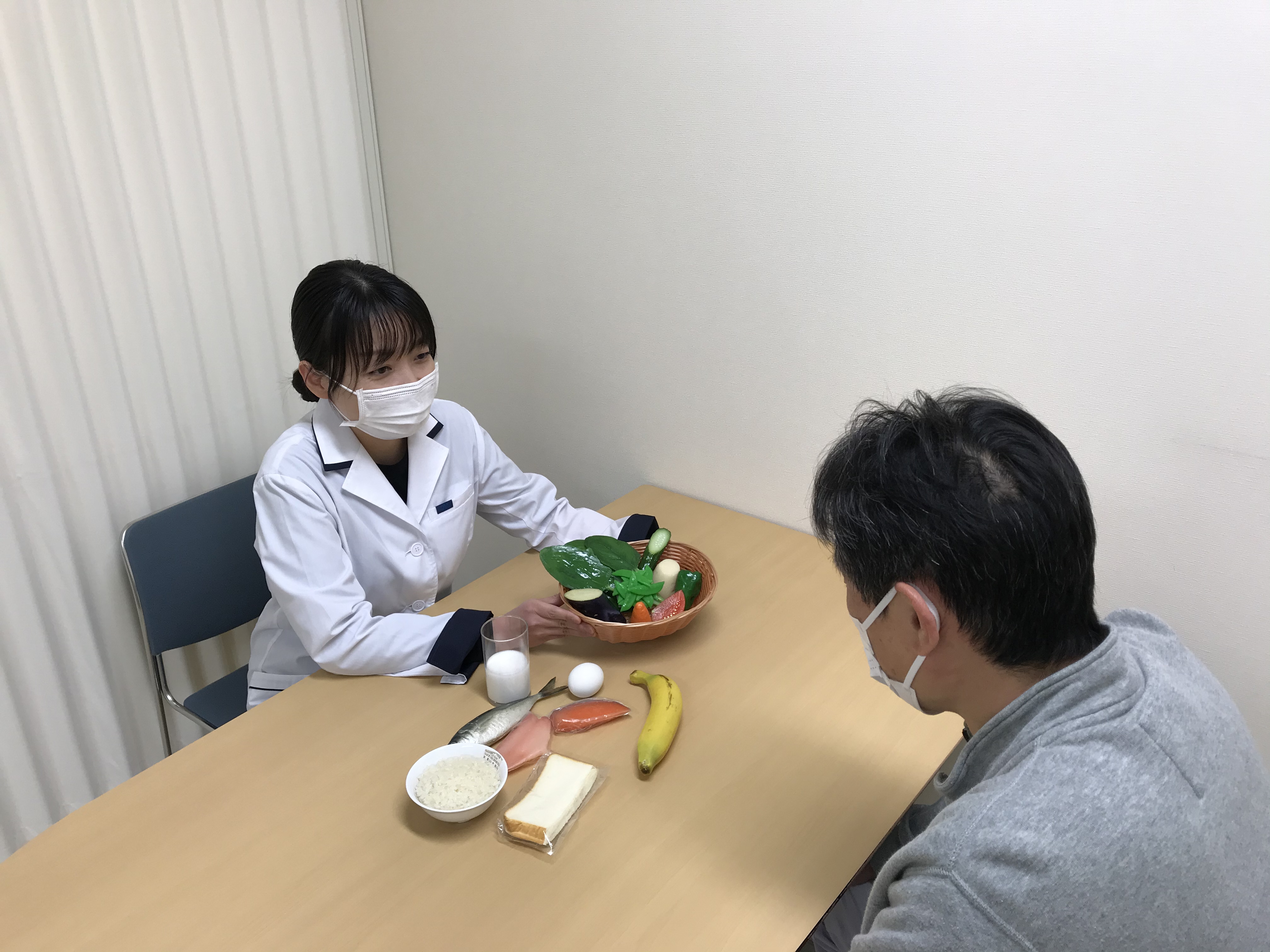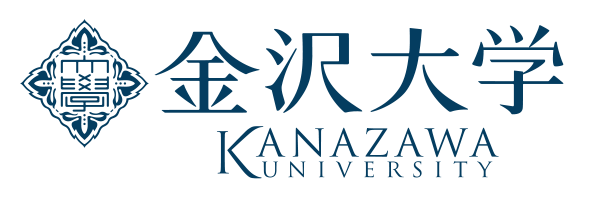Abstract:
Researchers from Kanazawa University found out that unhealthy dietary habits as a risk factor for proteinuria onset which is a key prognostic factor of chronic kidney disease (CKD). By investigating over 26,000 patients with no prior CKD who underwent annual medical check-ups in Kanazawa between 1998 and 2014, skipping breakfast and late dinner were associated with proteinuria onset. These findings suggest that modification of dietary habits may be a potential treatment for CKD.
Kanazawa, Japan – The relationship between dietary habits and the occurrence of chronic kidney disease (CKD) is not fully known. In a new study, researchers from Kanazawa University found out that skipping breakfast and late dinner might be associated with a higher risk of proteinuria which is a key prognostic factor of CKD.
CKD is defined as either a structural and/or functional abnormality of the kidney or a reduced glomerular filtration. CKD is a risk factor for end-stage renal disease and cardiovascular disease, which is a major health problem in several countries. The most common causes of CKD are diabetes, high blood pressure and obesity. Although these diseases can be treated individually with drug treatment, in recent years, treatment with behavior change such as diet and exercise have attracted attention.
“CKD is associated with a higher risk of cardiovascular-related death,” says corresponding author of the study Professor Takashi Wada. “It is therefore important to understand what behavior may facilitate the development of this deadly disease. The goal of our study was to investigate the relationship between dietary habits and CKD.”
The researchers focused on proteinuria which is a key prognostic factor of CKD. Proteinuria is generally defined as dipstick urinary protein excretion ≥1+ . Proteinuria is an early sign of kidney disease. Therefore, preventing its occurrence is important for our health. The researchers planed a study using the questionnaire used in annual medical check-ups with the cooperation of the Kanazawa Medical Association.
The researchers conducted a retrospective study, in which they investigated over 26,000 patients aged >40 years who underwent annual medical check-ups in Kanazawa between 1998 and 2014. Unhealthy dietary habits were defined as follows: late dinner (eating dinner within 2 h of going to bed at a frequency of three or more times a week); skipping breakfast (three or more times a week); quick eating (eating faster than people of the same age group); and late evening snack (eating snacks after dinner three or more times a week).
Quick eating (29%) was the most common unhealthy dietary habit in the whole patient population, followed by late dinner (19%), late evening snack (16%), and skipping breakfast (9%). During an average follow-up period of over 3 years, 10% of patients developed proteinuria. Of these dietary habits, skipping breakfast and late dinner were associated with an increased risk of developing proteinuria. Surprisingly, unhealthy dietary habits were not associated with changes in body weight.
"This result indicates that unhealthy dietary habits might be associated with risk factor for CKD irrespective of changes in body weight. Our findings are of behavioral changes to prevent the development of CKD. It may help develop new approaches to this, "says Professor Wada.

Figure
Skipping breakfast and late dinner are associated with the risk of proteinuria onset. The results of this research are expected to lead to the development of lifestyle guidance after medical check-ups and nutritional guidance at hospitals.
Article
Association between Unhealthy Dietary Habits and Proteinuria Onset in a Japanese General Population: A Retrospective Cohort Study,
Journal: Nutrients
Authors: Toshiaki Tokumaru, Tadashi Toyama, Akinori Hara, Kiyoki Kitagawa, Yuta Yamamura, Shiori Nakagawa, Megumi Oshima, Taro Miyagawa, Koichi Sato, Hisayuki Ogura, Shinji Kitajima, Yasunori Iwata, Norihiko Sakai, Miho Shimizu, Kengo Furuichi, Atsushi Hashiba and Takashi Wada
DOI: 10.3390/nu12092511



 PAGE TOP
PAGE TOP